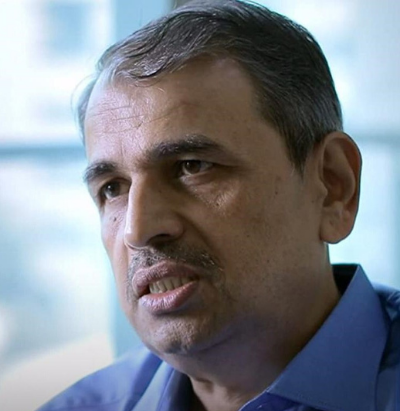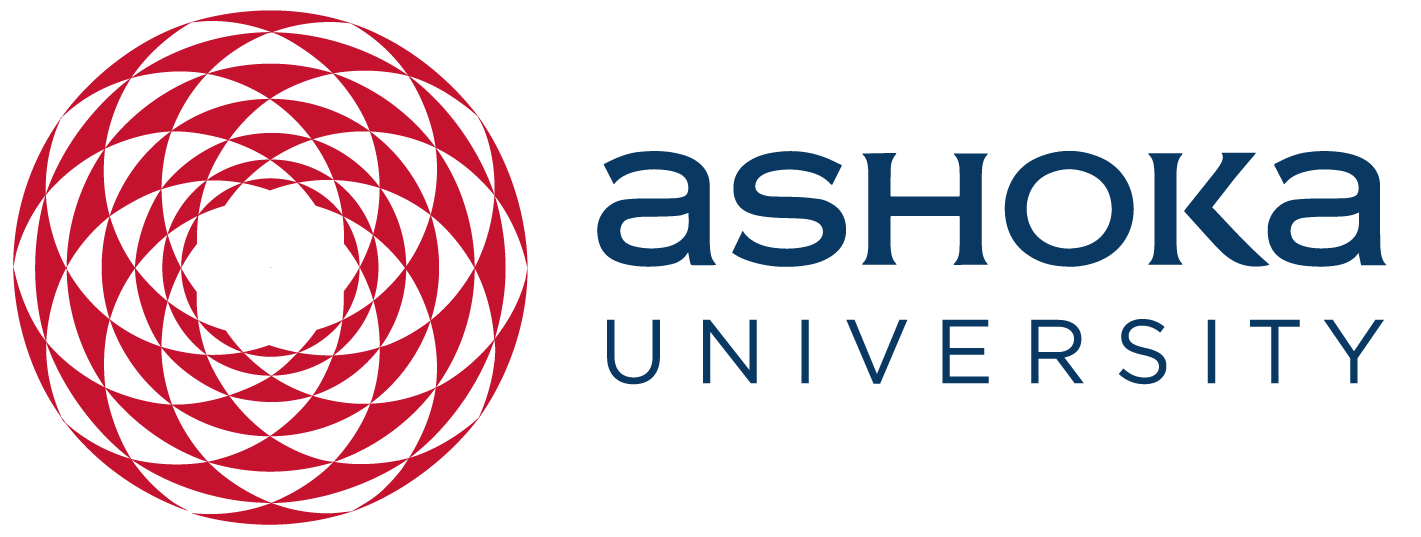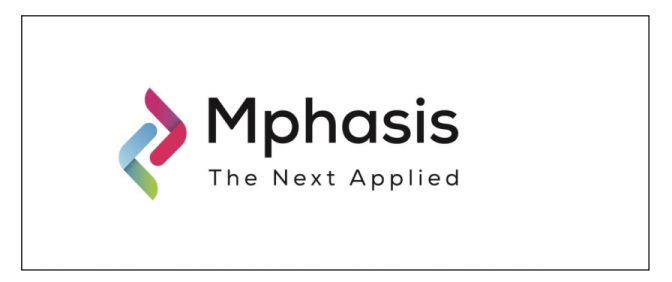Triple Negative Breast Cancer (TNBC)
Recent trends indicate that Breast Cancer occurrence is alarmingly on the rise in India with new cases detected across ages, socio-economic and urban-rural strata.
More than 20% of all cancer-related deaths are attributed to breast cancer worldwide, while 50% in India. Breast cancer in India is now mainly characterized as an early onset disease in urban women, with a high proportion of an aggressive subtype called triple negative breast cancer (TNBC) with a short disease-free interval.

Aims & long-term goal
- Ashoka University and Max Healthcare have come together to initiate long-term, high-quality research collaboration. This is the first-of-its kind project undertaken by both institutions.
- The collaboration is set up to build a joint research program on genome and data analysis that will include AI, ML and deep learning of various compounding factors leading up to treatment response and mortality in breast cancer.
- As part of this engagement, Max Healthcare will serve as the clinical centre for it’s large data and consented sample repository from the patients.
- Meanwhile, Ashoka University will provide its expertise in data analysis, biomedical research and public health expertise in data collection, data analysis and sharing in research.
- It will further ensure access to a network of scientists, academicians, data analysts, public health experts, students, clinical data, equipment, technology platforms, core facilities etc. and engagement with relevant industries, start-ups, innovation centres and other relevant Indian institutions for accelerating joint research initiatives.
Importance of the Project
In India breast cancer comprises a high proportion of an aggressive subtype called triple-negative breast cancer (TNBC) with a short disease-free interval. There is an urgent need to understand the compounding factors leading to the aggressive nature of the subset of TNBC within Indian patients.
We will be profiling known and novel markers for identification of distinct molecular characteristics of Indian TNBCs will facilitate the development of clinically implementable prognostic and therapeutic options for better clinical management and perhaps, better long-term outcomes.
This is one of the first studies to be undertaken in collaboration between a chain of hospitals like MAX and an academic institute like Ashoka University. The study aims to uncover novel and clinically significant markers within Indian TNBCs that associate with aggressive clinical parameters and this understanding will have significant impact on defining prognosis in Indian TNBC patients.
What we do
Computational Pathology:
We are employing Deep Learning techniques to qualitatively and quantitatively analyse the tumour microenvironment and other morphological features from patient samples. We correlate their spatial distributions to patient prognosis. The outcomes will eventually help clinicians determine the benefit of the appropriate treatment through targeted therapy.
To achieve these goals, we are utilizing a variety of algorithms in the paradigms of classification and segmentation. These include state-of-the-art supervised Computer Vision architectures like Convolutional Neural Networks (CNNs) and Vision Transformers as well as unsupervised clustering algorithms paired with several feature extraction techniques.
Building Digital Pathology Repository for Breast Cancer: Digital pathology repository of high resolution whole slide images (WSI) strained with haematoxylin and eosin (H&E) of Breast Cancer Tissues
Novelty
We encountered various challenges in our analysis that allowed us to try out approaches novel to the field of histopathology image analysis. Firstly, the requirement for large annotated datasets for modern supervised classification algorithms posed a problem for us since there is a heavy cost associated with labelling Whole Slide Images. To address this, we employ methods like active learning, information theory-based feature selection, and unsupervised semantic segmentation. Another problem is the high-class imbalance and overlap prevalent in the data which we are tackling with active labelling and hierarchical neural networks tailored for the dataset.
Our Collaborative Partners
Ashoka University and Max Healthcare Institute collaboration aims to build a joint research program on Triple Negative Breast Cancer Genomics & Digital Pathology
Interdisciplinary collaboration within Ashoka
 |
Dr. Madhura Kulkarni, a DBT-Ramalingaswami Fellow, is leading the TNBC project. She is currently working as a Senior Scientist at Prashanti Cancer Care Mission, Pune. |
 |
Dr. Rintu Kutum is a Faculty Fellow at the Department of Computer Science at Ashoka. He handles the computational aspects of the TNBC project. |
Other team members
- Abha Tiwari: Project Manager
- Puja Vaid: PhD student, Biology, Ashoka University
- Shambhavi Kurup, ASP 23, CS, Ashoka University
- Avani Maroo, ASP 23, CS, Ashoka University
- Bhavye Jain, UG 23, CS, Ashoka University
- Aakash Rao, UG 23, CS, Ashoka University
- Niranjan Rajesh, UG 23, CS, Ashoka University
- Sristi Bafna, UG 23, CS, Ashoka University
- Ammar Sura, UG 23, CS, Ashoka University
- Chanchal Bajoria, UG 23, CS, Ashoka University
- Biratal Wagle, ASP 23, Physics & CS, Ashoka University
- Arundhati Balasubramaniam, UG 23, CS, Ashoka University
Past members:
- Debargha Ganguly, PhD, Case Western Reserve University, USA (currently)
Leadership

Visiting Professor of Biology (Honorary), Ashoka University
Ph.D. University of Cambridge

Dean, BioSciences and Health Research,
Trivedi School of Biosciences, Ashoka University
Head, Koita Center for Digital Health at Ashoka
MBBS, PhD, Diplomate American Board (Int Med, Pulm Dis, Crit Care)
Funding source
Mphasis, announced the partnership with Ashoka University in 2020. Being a first-of-its-kind collaboration in an interdisciplinary institution in India, multiple projects were initiated under the three pillars of Digitization and Society, Health Analytics and Dissemination.







